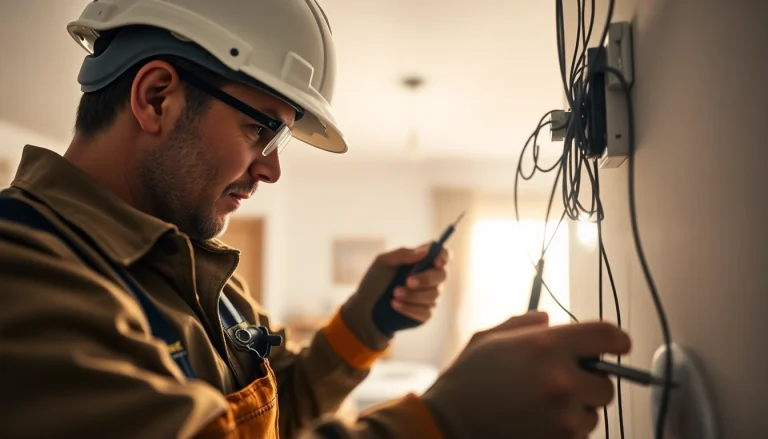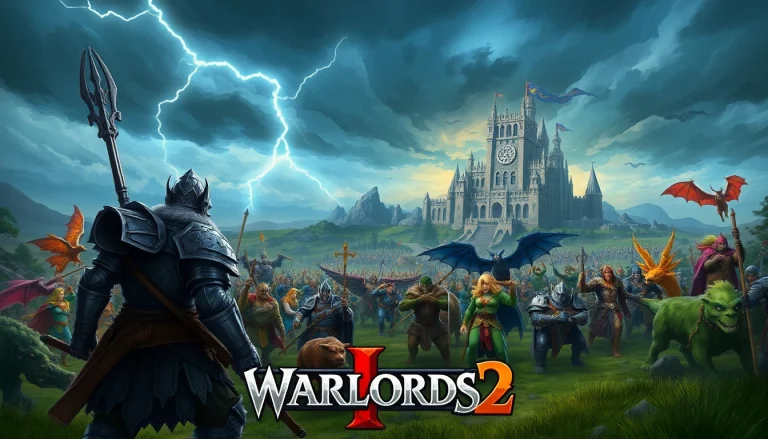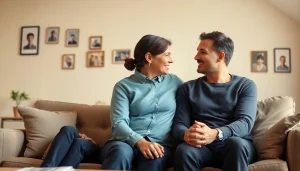Understanding the Role of a Relationship Coach
In an era where interpersonal relationships face numerous challenges, the role of a relationship coach has become increasingly important. These professionals are dedicated to helping individuals and couples navigate the complexities of their relationships, offering strategies and insights that can lead to healthier, more fulfilling connections.
What is a Relationship Coach?
A relationship coach is a trained professional who assists clients in improving their relationships by providing guidance, support, and tools tailored to their specific needs. Unlike therapists who often focus on mental health issues or past trauma, relationship coaches concentrate on future growth and development in personal and romantic relationships. They employ various techniques to help clients understand their dynamics, establish goals, and foster better communication.
The Importance of Relationship Coaching
As societal expectations surrounding relationships continue to evolve, many face unique challenges that can lead to dissatisfaction and conflict. Relationship coaching is essential as it offers a proactive approach to these issues. Rather than waiting for relationships to reach a crisis point, coaching can help individuals and couples preemptively address potential problems, leading to stronger bonds and enhanced emotional intimacy.
Common Issues Addressed by Coaches
Relationship coaches often deal with a range of concerns, including:
- Communication Issues: Many couples struggle with expressing needs and feelings.
- Intimacy Problems: A lack of emotional or physical closeness can cause rifts.
- Conflict Resolution: Managing disagreements constructively is crucial.
- Trust Issues: Rebuilding trust after breaches is a common focus.
- Life Changes: Transitions like marriage, parenthood, or relocation can strain relationships.
Benefits of Hiring a Relationship Coach
Investing in a relationship coach can yield numerous benefits, significantly enhancing personal and relational well-being.
Personal Growth Through Coaching
One of the fundamental advantages of engaging with a relationship coach is the focus on personal development. Coaches encourage self-reflection and goal-setting, helping clients not only enhance their relationships but also grow as individuals. This growth often translates to increased confidence and self-awareness, allowing clients to better navigate various life aspects.
Improving Communication Skills
Effective communication is the cornerstone of any healthy relationship. Coaches provide direct feedback and training on how to express thoughts and feelings more clearly and constructively. By learning effective communication techniques, clients can reduce misunderstandings and improve their emotional connections, ultimately leading to a more harmonious relationship.
Conflict Resolution Strategies
No relationship is without conflict. A relationship coach equips clients with practical conflict resolution strategies, helping them view disagreements as opportunities for growth rather than threats. By learning to approach conflicts with a collaborative mindset, clients can foster deeper understanding and intimacy.
How to Choose the Right Relationship Coach
Selecting a relationship coach is a significant decision that can impact your personal development and relationship dynamics. Here are key factors to consider when making your choice.
Evaluating Credentials and Experience
When seeking a relationship coach, it’s crucial to evaluate their qualifications. Look for coaches with relevant certifications in relationship coaching or psychology. Experience matters too. A coach who has worked successfully with clients who share your unique situations is likely to offer valuable insights and strategies pertinent to your circumstances.
What to Expect in Initial Consultations
First meetings are opportunities to gauge compatibility. During these consultations, you should expect a discussion about your goals, concerns, and the coaching process. A good coach will ask questions to understand your relationship dynamics and will be transparent about their techniques and methodologies.
Red Flags to Watch For
While searching for a coach, be aware of red flags that may indicate a poor fit:
- Lack of Credentials: Coaches should possess relevant certifications and training.
- Poor Listening Skills: A coach who interrupts or dismisses your concerns may not be effective.
- Overly Prescriptive Approaches: Coaches should tailor their strategies to your specific situation rather than apply a one-size-fits-all solution.
Relationship Coaching Techniques and Approaches
Various techniques and methodologies are employed in relationship coaching. Understanding these approaches can help clients feel more prepared to engage in this transformative process.
Cognitive Behavioral Techniques in Coaching
Cognitive Behavioral Therapy (CBT) principles are often integrated into relationship coaching. This approach helps clients identify and challenge negative thought patterns that affect their relationships. By re-framing these thoughts, clients can develop more positive perceptions and behaviors towards themselves and their partners.
The Role of Active Listening
Active listening is a critical practice within relationship coaching. Coaches teach clients to fully engage in conversations without judgment or interruption. This process not only improves communication but also builds trust and emotional safety, allowing both partners to express themselves more openly.
Goal Setting with Your Coach
Effective coaching involves setting clear, achievable goals. Coaches work collaboratively with clients to develop specific objectives that align with their relationship aspirations. This structured approach ensures both partners remain focused and accountable, paving the way for sustained progress and success.
Success Stories: The Impact of Relationship Coaching
Despite the challenges many couples face, numerous success stories illustrate the transformative power of relationship coaching. These examples demonstrate how individuals and couples can improve their relationships significantly.
Case Studies of Transformed Relationships
Consider the case of John and Sarah, a couple struggling with communication. After engaging a relationship coach, they learned to express their needs effectively. Over several months, they transformed their nightly conversations from conflict-laden exchanges into constructive dialogues that strengthened their emotional bond.
Testimonials from Clients
Clients often express how coaching has improved their relationships. For instance, one client shared, “Working with my coach helped me understand not just my partner but also myself. I feel more confident and connected than ever.” Feedback like this emphasizes the life-changing potential of effective relationship coaching.
Future of Relationship Coaching and Its Evolving Trends
The field of relationship coaching continues to evolve. With the rise of online coaching platforms, access to relationship coaches has expanded, allowing individuals from various backgrounds to seek help. The future may see an increase in specialized coaches, such as those catering specifically to LGBTQ+ individuals, multicultural couples, or remote partners, reflecting our increasingly diverse relationships.
As awareness of mental health and relationship wellness grows, the demand for qualified relationship coaches will likely increase, paving the way for innovative practices and methodologies. By staying informed and engaged in this development, clients can maximize the benefits of coaching, leading to more fulfilling and resilient relationships.








